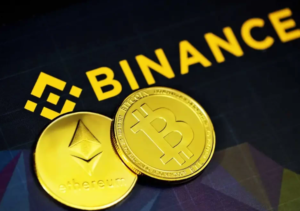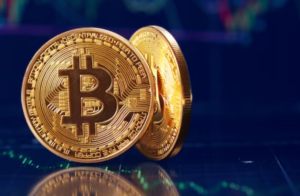$BTC
#Bitcoin #Crypto #LarrySummers #Treasury #NationalReserve #Cryptocurrency #Blockchain #CryptoPolicy #GovernmentRegulation #Finance #MarketAnalysis #EconomicPolicy
Former Treasury Secretary Larry Summers has dismissed the idea of establishing a national Bitcoin reserve, calling it “crazy” amidst ongoing policy discussions in Congress. His remarks come at a time when cryptocurrency continues to spark fierce debates among policymakers on Capitol Hill. Bitcoin, the world’s leading cryptocurrency, has seen increased interest from institutions and retail investors alike in recent years, with advocates urging governments to embrace digital assets on a national scale. However, Summers’ comments reflect the skepticism that persists in traditional financial circles, particularly regarding the volatility and regulatory challenges associated with the asset class.
Summers emphasized that Bitcoin’s unpredictable price movements and lack of intrinsic value make it an unsuitable candidate for a national reserve. Critics of cryptocurrency argue that tying national reserves to Bitcoin could expose economies to unprecedented risks, including extreme price instability and speculative market behavior. On the flip side, cryptocurrency proponents believe Bitcoin could act as a hedge against inflation, particularly in times of economic stress when fiat currencies lose purchasing power. Summers, however, underscored that the U.S. dollar’s role as the global reserve currency makes moves like these unwise, highlighting the importance of stability in maintaining economic leadership.
Financial markets appear to echo Summers’ concerns. Bitcoin has historically exhibited significant price volatility, with its value surging to nearly $69,000 in 2021 before experiencing severe downturns. While Bitcoin’s institutional adoption has grown, the market’s susceptibility to news, regulations, and liquidity constraints remains a prominent issue. A national Bitcoin reserve could amplify the impact of these factors on broader economies. Additionally, the implications of integrating Bitcoin into reserve practices could spill over into bond and money markets, potentially destabilizing traditional asset classes and investor portfolios.
The policy implications of Summers’ remarks are profound. As Congress deliberates the role of cryptocurrency in the U.S. economy, Summers’ opposition may strengthen the case for tighter regulation and cautious integration of blockchain technologies. While some lawmakers advocate for leadership in the global crypto sphere, including ideas like establishing a national Bitcoin reserve, others argue for a more measured approach to innovation. Summers’ statement adds weight to the latter stance, potentially influencing the trajectory of crypto regulation moving forward. His perspective reaffirms the belief that striking a balance between embracing technological advancements and safeguarding economic stability is critical in shaping the future of monetary policy.










Comments are closed.